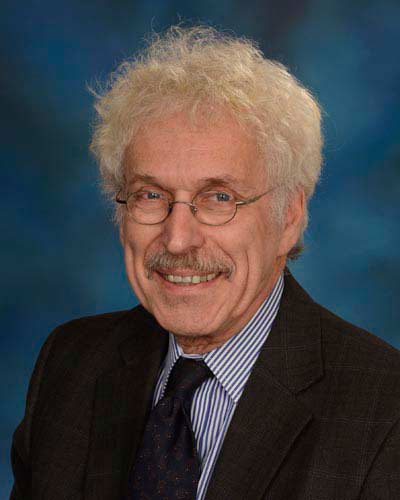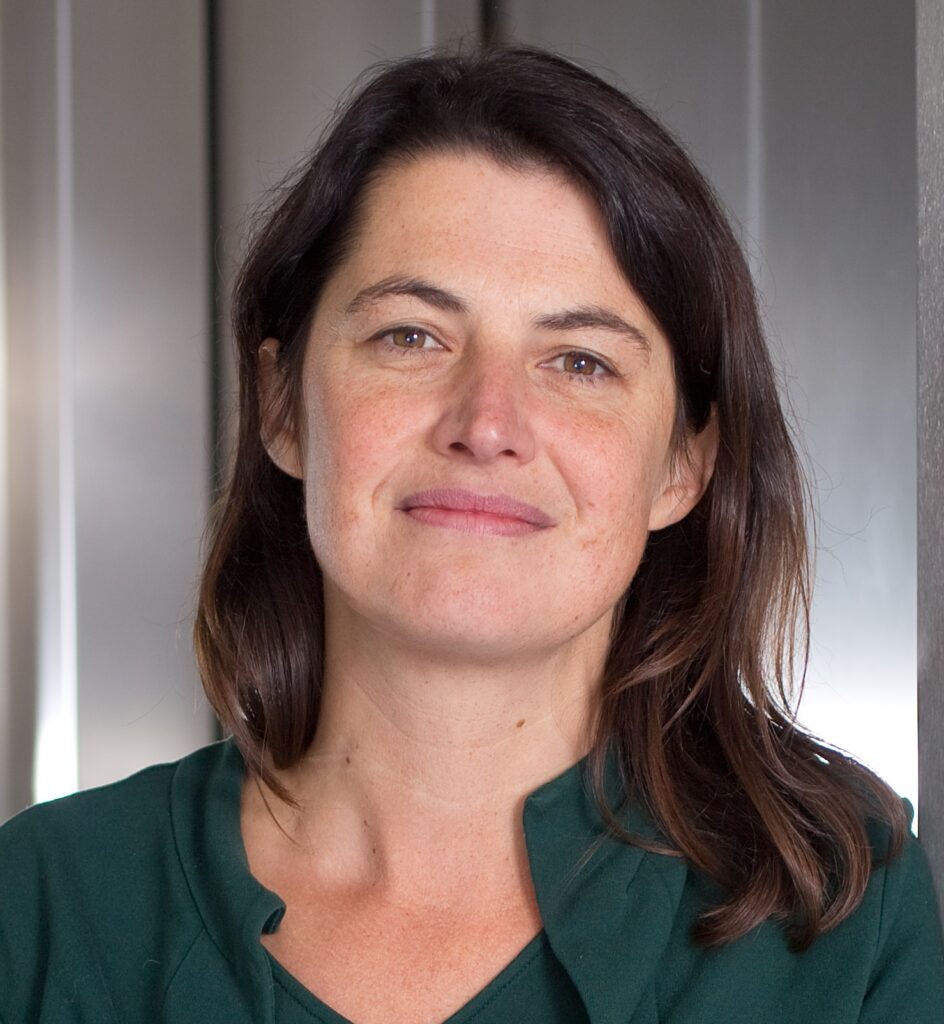Keynote Speakers
16th Conference of the International Society of Tryptophan Research (ISTRY)

Dr Jockers leads the Research Group Functional Pharmacology and Pathophysiology of Membrane Receptors. He is the director and French coordinator of the i-GPCRnet IRN. He studied biotechnology and biochemistry at the Universities of Cologne and Braunschweig (Germany) and performed his postdoctoral training in the laboratory of Dr. AD Strosberg (Paris, France). He is currently INSERM Research director and group leader at the Institut Cochin (Paris, France). He has a long-term interest in GPCRs in endocrinology and metabolism including natural receptor variants and GPCR-associated protein complexes. He established the concept of ligand-independent functions of orphan receptors in heterodimers with other receptors. He is recognized for his work on melatonin receptors and the development of original BRET and TR-FRET assays. He coordinated the French GPCR network “GDR-3545” from 2012-2020.

Robert Schwarcz is a Professor of Psychiatry at the University of Maryland. During the past 35+ years, most of the work in his laboratory has been concerned with the neurobiology of quinolinate (QUIN) and kynurenate (KYNA), two metabolically related brain constituents with neuroexcitatory (and excitotoxic) and neuroinhibitory (and neuroprotective) properties, respectively. Both QUIN and KYNA are products of the kynurenine pathway of tryptophan degradation. Using a combination of biochemical, histological, behavioral and electrophysiological techniques, Robert Schwarcz and his team have elaborated many of the characteristics and control mechanisms which govern the function of QUIN and KYNA in the brain. Ongoing in vivo and in vitro studies are designed 1) to identify possible abnormalities in kynurenine pathway metabolism in major neurological and psychiatric diseases, and in relevant animal models; 2) to further define the neurobiology of QUIN and KYNA in animals by manipulating the kynurenine pathway pharmacologically and genetically; and 3) to develop and use novel kynurenergic drugs in order to normalize functional impairments in the central nervous system.

Ellen Nollen is a professor of Molecular Biology of Aging at the European Research institute for the Biology of Ageing (ERIBA) of the University Medical Center Groningen (UMCG). Her research focuses on cellular and organismal mechanisms of protection against protein damage in aging and age-related diseases. Nollen pioneered the use screens in C. elegans worm models to uncover evolutionary conserved biological mechanisms of proteoprotection and identify targets for interventions. She received several personal fellowships, including an NWO talent and an EMBO long term fellowship for her postdoctoral research at Northwestern University, USA, and an NWO Veni fellowship to continue her research line at the Hubrecht Institute, The Netherlands. She was awarded a Rosalind Franklin Fellowship to start her independent group at the UMCG and received an EMBO Young Investigator Award, an Alfred Tissières Young Investigator Award, and an ERC StG (consolidator stage) as recognition of her work on modifiers of protein aggregation and toxicity.